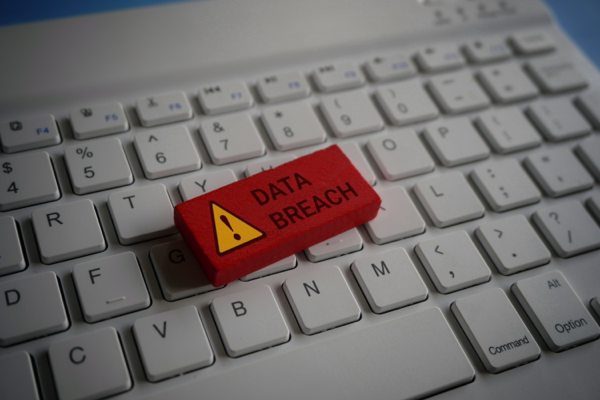In a startling revelation, highly personal data of more than 106 million U.S. individuals has been discovered unprotected and accessible online. This unprecedented data breach underscores the critical need for enhanced data security measures and heightened awareness among both organizations and individuals.
Understanding the Breach
The compromised data includes a vast array of personal information such as:
•Names and Addresses: Essential for identity verification and location tracking.
•Social Security Numbers (SSNs): A prime target for identity theft and financial fraud.
•Financial Details: Including bank account numbers and credit card information.
•Contact Information: Email addresses and phone numbers, which can be exploited for phishing attacks.
The sheer volume of over 106 million records indicates a systemic failure in data protection protocols, potentially affecting individuals across various sectors, including healthcare, finance, and government services.
Implications for Individuals
For those affected, the repercussions are severe:
•Identity Theft: With access to SSNs and financial details, malicious actors can impersonate individuals to commit fraud.
•Financial Losses: Unauthorized transactions and fraudulent accounts can lead to significant financial harm.
•Privacy Invasion: Personal information exposure can lead to harassment, stalking, and other privacy violations.
Potential Causes
While investigations are ongoing, several factors may have contributed to this massive breach:
1. Inadequate Security Measures: Weak encryption, outdated software, and insufficient firewalls can leave data vulnerable.
2. Human Error: Mistakes such as misconfiguring servers or falling victim to phishing scams can open doors for attackers.
3. Sophisticated Cyberattacks: Advanced hacking techniques and malware designed to exploit specific vulnerabilities.
The Role of Legislation and Compliance
This incident highlights the critical importance of adhering to data protection regulations:
•General Data Protection Regulation (GDPR): While primarily for EU citizens, GDPR sets a high standard for data protection that can benefit global practices.
•California Consumer Privacy Act (CCPA): Provides California residents with rights over their personal data, encouraging businesses to enhance data security.
Compliance with these regulations not only helps protect sensitive information but also builds trust with consumers.
Steps to Mitigate Future Risks
To prevent such breaches from occurring again, organizations should consider the following measures:
1. Enhanced Security Protocols:
•Implementing advanced encryption methods.
•Utilizing multi-factor authentication (MFA) for all sensitive systems.
•Regularly updating and patching software to fix vulnerabilities.
2. Employee Training:
•Educating staff on recognizing and responding to phishing attempts.
•Promoting a culture of security awareness and responsibility.
3. Regular Security Audits:
•Conducting periodic assessments to identify and rectify potential weaknesses.
•Engaging third-party security experts for unbiased evaluations.
4. Incident Response Planning:
•Developing comprehensive plans to swiftly address and mitigate breaches.
•Ensuring clear communication channels for notifying affected individuals.
What Affected Individuals Can Do
If you find yourself among the 106 million affected, here are steps to protect yourself:
•Monitor Financial Accounts: Regularly check bank statements and credit reports for suspicious activity.
•Change Passwords: Update passwords for all online accounts, using strong and unique combinations.
•Enable MFA: Add an extra layer of security to your accounts wherever possible.
•Be Vigilant: Watch out for phishing emails, unusual calls, or messages requesting personal information.
Conclusion
The exposure of over 106 million U.S. personal records serves as a stark reminder of the vulnerabilities present in our digital age. It is imperative for organizations to prioritize data security and for individuals to remain vigilant in protecting their personal information. By implementing robust security measures and fostering a culture of awareness, we can work towards minimizing the risks of such devastating breaches in the future.






